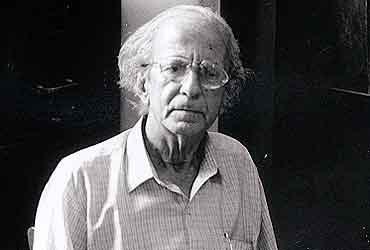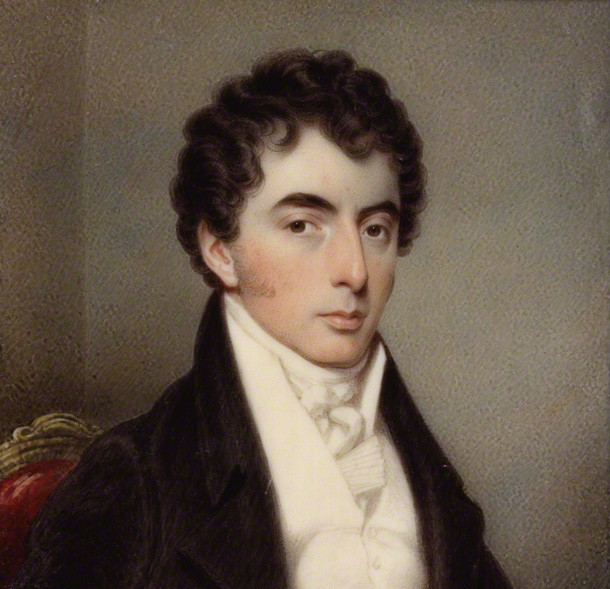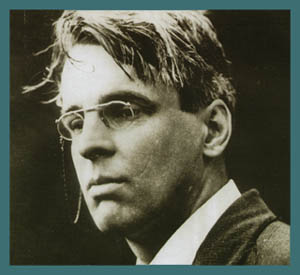This poem analysis is divided into three parts – context, rhyme scheme and rhetorical devices, and comparison between Byron, Goethe, and Wordsworth. Go through the detailed analysis of Memorial Verses by Matthew Arnold.
Memorial Verses by Matthew Arnold Analysis
Context of Memorial Verses: ‘Memorial Verses’ has a subtitle that cannot go unnoticed. The subtitle says that it was written in April 1850. This is when Wordsworth died and was buried. ‘Memorial Verses’ is an elegy (as mentioned before in the poem summary). An elegy is a lament for someone’s death, but also an effort to appreciate their merits and contributions. English poetry has a long history of poets writing elegies for their predecessors. Thus Arnold falls in the same league as Milton (who has written ‘Lycidas’), and others. Also like Milton, he writes about the fate of the world in Wordsworth’s absence – its continuing machination, lack of empathy, and ability to numb the human mind. In that sense ‘Memorial Verses’, with its larger concerns for Victorian poetry and its nature imagery, is a typical elegy.
Rhyme Scheme in Memorial Verses and Rhetorical Devices: No single rhyme scheme is followed throughout the eight stanzas of ‘Memorial Verses’. However, the pattern of end rhymes in each stanza is easy to follow and contributes significantly to the pleasure of reading this poem. For example, the pattern of the first stanza is AABBB, and that of the second stanza is AABBCCCDD. Tracing out all of these stanza-wise patterns is beyond the scope of this poem explanation, but individual readers can take this up as an exercise in exploring Arnold’s diverse and atypical use of rhyme.
This poem analysis would be incomplete without mentioning Arnold’s use of two rhetorical devices in this poem – apostrophe, and personification. Apostrophe is a mode of address using the first person with which poets often summon up the image of a listener in their individual poems. Arnold uses this to especial effect in the fifth stanza, when he addresses his words directly to ghosts and urges them to welcome and rejoice in Wordsworth’s soothing voice.
In the eighth stanza, in addition to apostrophe, Arnold also uses the device of personification. Rotha would be capitalized anyway as it is a common noun, but its capitalization also emphasizes the fact that Arnold endows it with the ability to perform human actions. Just like human beings water their plants, Arnold conjures up the image of Rotha watering Wordsworth’s grave as a form of tribute to the great poet.
Comparison between Byron, Goethe, and Wordsworth: Arnold was also a literary critic in addition to being a poet. Hence he was widely read in Romantic poetry. He knew the merits and demerits of every major poet of the Romantic age, and this is exactly what he voices in ‘Memorial Verses’. Thus a poem explanation of ‘Memorial Verses’ must, of necessity, discuss the three famous poets whom he mentions in the poem.
Byron’s passion came from his emotional involvement with the ideals of the French Revolution. Though he was born and brought up in a Catholic family, his interests were more towards the political life of Europe, and the emerging trend of democracy. More than any other Romantic poet, the content of his best poetry was political in nature, and he wrote pamphlets as well. Revolutionary thoughts went against the grain of Christian faith, and this created the dilemma of which Arnold speaks in the second stanza of ‘Memorial Verses’.
Goethe could see into the deepest human emotions, and tease out all the depravities he saw in people around him. This is what forms the content of his most famous works, Faust and The Sorrows of Young Werther. Hence it is Goethe’s ability to diagnose the contemporary human condition that accounts for the high regard in which Arnold holds him.
Wordsworth’s contributions are significantly different, and greater in measure, than those of Byron and Goethe, in Arnold’s opinion. Wordsworth does not merely diagnose. Wordsworth does not agitate either. Instead, he gives a calm and soothing message to the mass of humanity, saying that life is more than meets the eye. This is perhaps why Byron is given the least space in ‘Memorial Verses’, Goethe a little more, and Wordsworth the most space of all. Suggested reading: Memorial Verses summary
Keywords: Memorial verses analysis, memorial verses critical appreciation, memorial verses detailed analysis, memorial verses notes, critical thought on memorial verses
Some online learning platforms provide certifications, while others are designed to simply grow your skills in your personal and professional life. Including Masterclass and Coursera, here are our recommendations for the best online learning platforms you can sign up for today.
The 7 Best Online Learning Platforms of 2022
- Best Overall: Coursera
- Best for Niche Topics: Udemy
- Best for Creative Fields: Skillshare
- Best for Celebrity Lessons: MasterClass
- Best for STEM: EdX
- Best for Career Building: Udacity
- Best for Data Learning: Pluralsight















